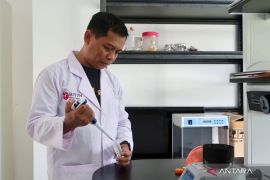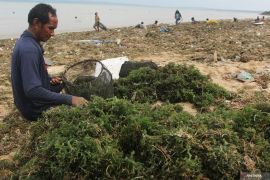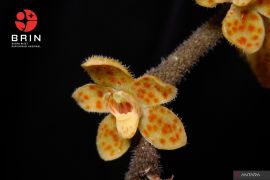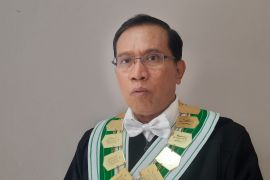Jakarta (ANTARA) - The National Research and Innovation Agency (BRIN) of Indonesia is conducting a periodic review of seven UNESCO-recognized biosphere reserves in the country.
The seven biosphere reserves are Leuser, Siberut, Tanjung Puting, Takabone Rate, Lore Lindu, Bromo Tengger Semeru Arjuno, and Komodo, BRIN representative Maman Turjaman informed during the 36th Session of the Man and Biosphere (MAB) International Coordinating Council (ICC), which was held in Morocco from July 1 to 5, 2024.
"The seven biosphere reserves designated by UNESCO have existed for over a decade. Hence, it is necessary to periodically review the management of the reserves," he explained in a BRIN press release, received here on Wednesday.
Turjaman, who is serving as chairperson of Indonesia's executive committee for the UNESCO MAB program, said that his side will submit a document outlining the results of the periodic review to UNESCO in Paris, France, no later than September.
During the annual session, he also highlighted Indonesia's success in organizing the 15th Conference of the Southeast Asian Biosphere Reserves Network (SeaBRnet) in Wakatobi, South Sulawesi province, which served as a testament to the country's commitment to preserving biosphere reserves. The official then expressed Indonesia's keenness to participate in the 37th Session of the MAB ICC scheduled for 2025 in Hangzhou, China.
"Such a participation is important for us to get updates on the management of biosphere reserves under protocols of UNESCO and obtain the latest information on the Lima Action Plan whose active period will end in 2025," he said.
Baca juga: BRIN gelar RD20 Summer School
Baca juga: Pengamat: Jokowi "Effect" bisa menangkan Kaesang di Jateng
Meanwhile, UNESCO director general Audrey Azoulay emphasized the crucial role of traditional and local communities in maintaining the sustainability of biosphere reserves. She also underscored that the international community will face increasingly tougher challenges in the future in preserving biodiversity within biosphere reserves.
The 36th Session of the MAC ICC resulted in the designation of 756 new biosphere reserves managed by a total of 136 countries.
Furthermore, around 20 existing biosphere reserves were granted status extensions after their host countries submitted periodic review documents. The review documents of four other reserves have yet to meet UNESCO standards.
Conducting periodic review of 7 biosphere reserves: BRIN

Illustration—An orchid in the Lore Lindu National Park in Poso, Central Sulawesi, as seen on December 31, 2023. (ANTARA FOTO/Basri Marzuki/nym)








